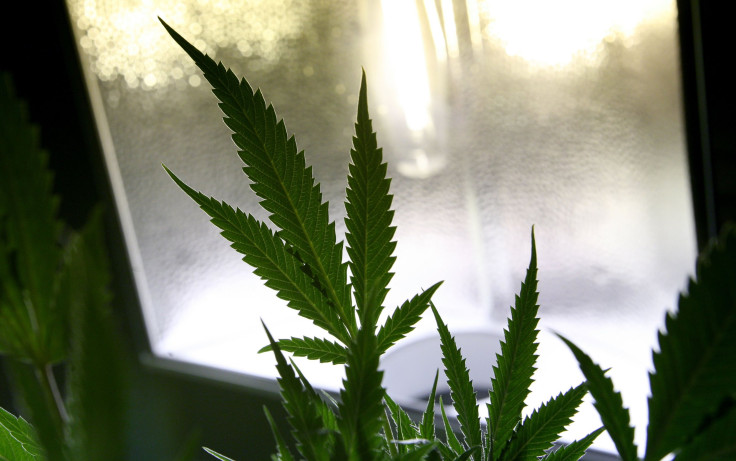Is Driving While High Dangerous? Marijuana Legalization Coincides With Increase In Impaired-Driver Fatalities

The United States could be facing a dangerous new highway trend: drugged driving. According to a report released Tuesday by the Governors Highway Safety Association, loosening state marijuana laws and the recent rise in prescription drug abuse may have contributed to a higher number of fatalities involving drivers found with drugs in their system. Authorities found evidence of drug use in about 40 percent of tested drivers who died in 2013 -- a jump of about 12 percentage points from 2005. That's nearly the same level as fatally-injured drivers who tested positive for alcohol.
A third of the 2013 traffic casualties discovered to have taken drugs used marijuana, USA Today reported. With pot now legalized for some purpose in 23 states, the report's authors warned that officials need to create better policies, studies and education programs on the issue of drugged driving.
“Every state must take steps to reduce drug-impaired driving, regardless of the legal status of marijuana,” Jonathan Adkins, the association's executive director, said in a news release. “This is the first report to provide states and other stakeholders with the information they need. And we encourage [the National Highway Traffic Safety Administration] to issue guidance on best practices to prevent marijuana-impaired driving. We look to the federal government to take a leadership role in this issue similar to that of drunk driving and seat belt use.”
Though driving while stoned and high is illegal across the country, it's unclear what impact marijuana actually has on car crashes, if any. The National Institute on Drug Abuse wrote on its website that the drug can hurt judgment, decision-making, reaction time and coordination, but some drivers dispute that. The related laws vary -- in some states, any drug in a driver's system results in a DWI, but others set limits for specific drugs in someone's body. Enforcement is complicated by the fact that traces of marijuana can persist for weeks after use.
The report noted that some drivers said they thought it was safer to get in the car after ingesting marijuana than after drinking alcohol. Joanne Thomka, director of the National Traffic Law Center, told Autoblog it was unfair to equate the two substances without better data. "Marijuana, we don't know what that level should be," she said. "We cannot and should not try to compare marijuana and alcohol. They are two distinct drugs."
© Copyright IBTimes 2025. All rights reserved.






















